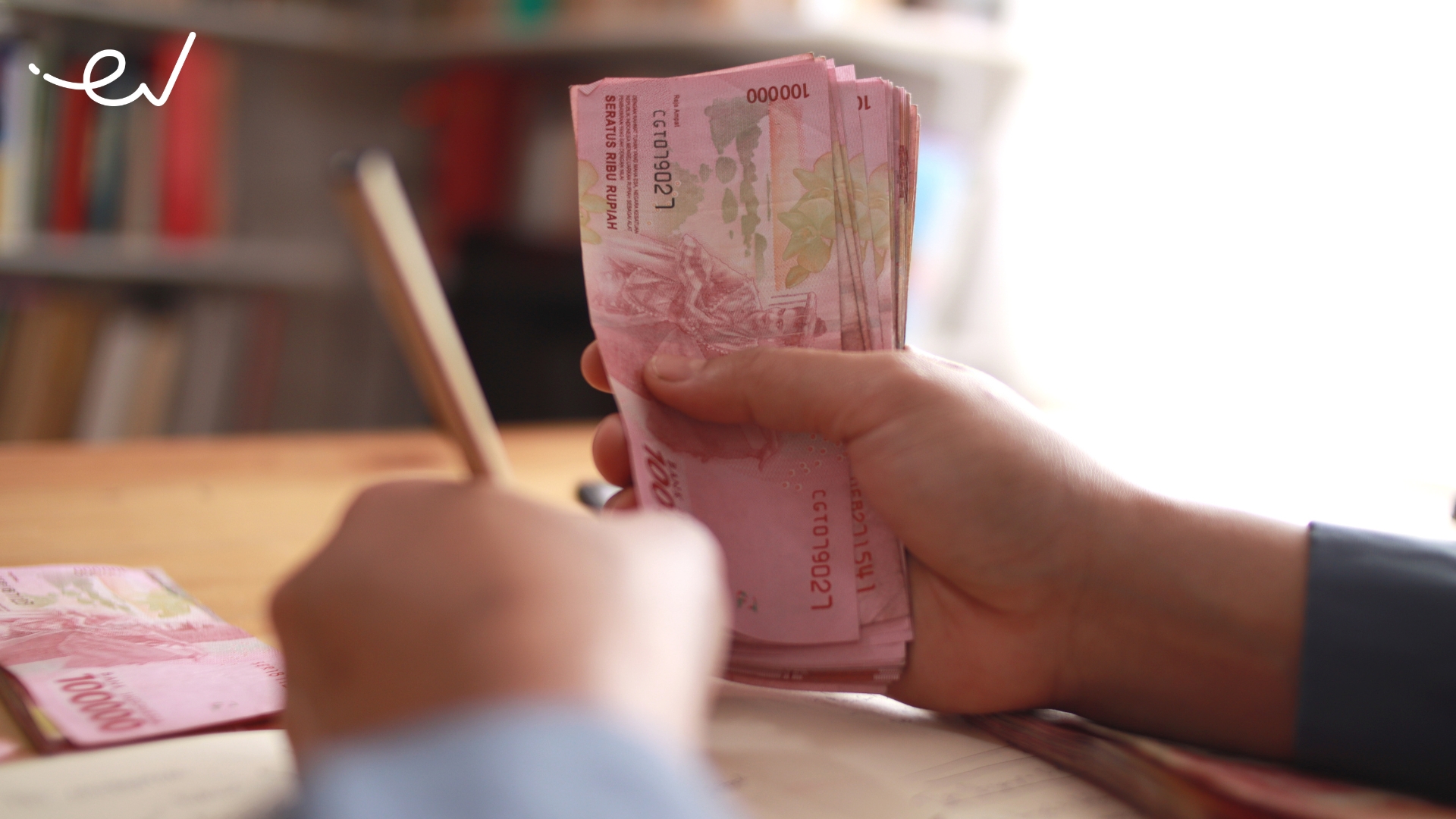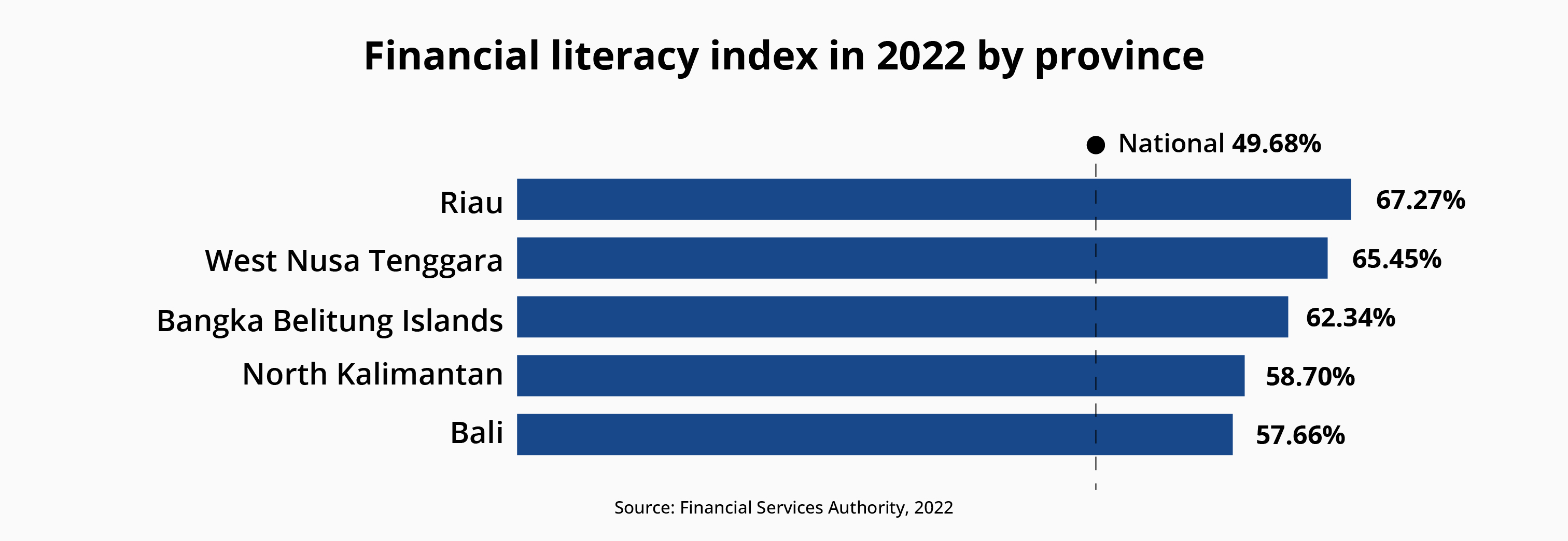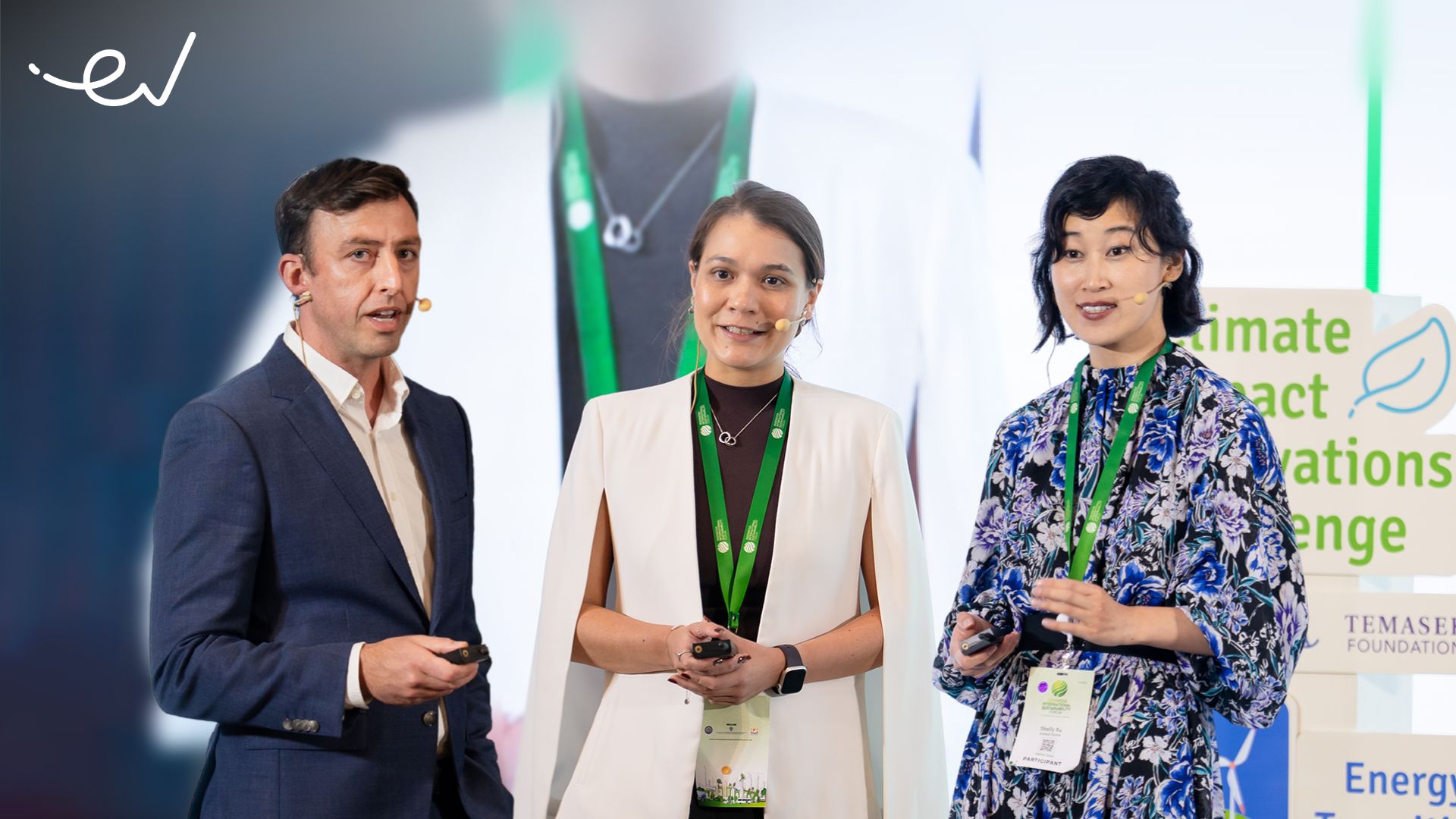Across Indonesia’s vivid archipelago, a financial revolution is taking place. The nation’s financial landscape is transforming remarkably through the rise of the financial technology (fintech) industry.
The latest edition of the East Ventures – Digital Competitiveness Index (EV-DCI) 2023 shows that the fintech development, leveraging on the enormous number of the productive-age population that earned an income, has been astounding. A fusion of financial innovation and education is reshaping the economic landscape and empowering communities like never before.
The three main drivers of the fintech growth are the intersection of financial transaction values, literacy, and inclusion. “Financial literacy on fintech and P2P (peer-to-peer) lending is required to boost public literacy so that people have a better understanding and can prevent sudden defaults,” said Airlangga Hartarto, Coordinating Minister for Economic Affairs Republic of Indonesia, in the report.
With today’s mushrooming of fintech platforms for various needs, we want to look closer at the top five provinces with the highest financial literacy and the government’s endeavors in supporting its development.
Riau
EV-DCI 2023 revealed that Riau’s digital competitiveness is ranked 21st among 38 provinces. However, the province sets a remarkable score in having the highest financial literacy index of 67.27%, according to the Financial Services Authority’s (OJK) report in 2022.
Riau is supported by a strong Infrastructure pillar, with more local villages accessing strong internet connectivity. Uniquely enough, its Finance pillar experienced a decrease. However, 67.27% of financial literacy is noteworthy compared to bigger, more populated provinces – which is also much higher than the national average of 49.68%.
To improve this, the local OJK has launched various financial education programs. For example, they collaborated with the government in holding a Training of Trainers (ToT) activity for high school economics teachers in Riau who were selected from 100 schools in 2017. The most recent one is launching the Financial Literacy and Education for Aisyiyah Women in Riau. This program involved over 150 participants and was followed by the signing of a joint commitment to launch Capital Market Literacy and Education to 1,000 Riau women.
West Nusa Tenggara
Just a spot below Riau, West Nusa Tenggara’s digital competitiveness sits in 22nd place this year, with a financial literacy index of 65.45%. The EV-DCI 2023 shows that its Finance pillar rose, as did e-wallet adoption amongst its residents.
The local Head of OJK also revealed that the increase was greatly due to the incessant socialization and education carried out with all stakeholders despite COVID-19 restrictions. Online and offline community education was carried out following the COVID-19 protocol. Financial institutions, both banks and non-banks, are becoming more accessible. Their services are no longer centralized in cities, reaching sub-districts and villages.
Bangka Belitung Islands
Climbing 12 rankings compared to the previous year, the digital competitiveness of Bangka Belitung Islands placed 17th in this year’s EV-DCI. The Infrastructure pillar contributed the largest score, supported by the increase in the ‘Ratio of Village with Strong and Very Strong Signals.’ With better infrastructure, residents can easily access information and education on financial products.
With a financial literacy of 62.34%, the local OJK synergizes with governments through accelerating access to regional spending, educating, and practicing financial services. Some financial institutions also initiated programs to enhance financial literacy in the province. For instance, one of Indonesia’s biggest private banks, Bank Central Asia (BCA), launched a 2022 regional program called the ‘Gerakan Bangga Buatan Indonesia,’ – packed with various activities such as a pop-up market, mural competition, a financial literacy talk show, and others. This also aimed to strengthen Micro, Small, and Medium Enterprise (MSME) players in Bangka Belitung.
Additionally, the Galeri Investasi Digital (GID) of the Indonesia Stock Exchange (BEI) was launched in Bangka Belitung Islands to facilitate public access to capital market information and stock exchange investment.
North Kalimantan
Supported by its exceptional ICT Usage, North Kalimantan’s digital competitiveness placed 23rd in EV-DCI 2023. The OJK report also showed that its financial literacy rounds up to 58.70%. Interestingly, North Kalimantan eagerly encourages students about the importance of savings.
The local government and OJK collaborated in launching the KEJAR program in December 2022, which also supports their ‘One Account One Student’ movement. In particular, this program aims to increase the province’s financial literacy in education units through a culture of saving for school students.
Bali
Though sitting in the 7th place in EV-DCI 2023, the highest digital competitiveness among the five, Bali’s financial literacy sits in the 5th place. Bali suffered a lot through the COVID-19 pandemic, resulting in an overall decrease in its Economy pillar, and it has yet to recover to its fullest today.
Despite that, its financial literacy of 57.66% deserves to be applauded. The local government and OJK have initiated provincial programs to increase financial literacy. One was a financial literacy education to people with disabilities, Family Welfare Movement (PKK) members, MSME players, and community leaders in Bengkala Village, Buleleng Regency, through the ‘OJK Ngiring ke Banjar’ event. Most recently, they also launched the Learning Management System Financial Education (LMSKU) OJK Championship Year 2023 (LOC 2023), to improve the financial literacy of high school students in Bali.
Moreover, Bali is aggressively gearing towards becoming Indonesia’s center for the digital community and creating job opportunities for creative economy players.
Tipping the balance between financial literacy and inclusion
Despite seeing strong numbers of financial literacy in these 5 provinces, there is still an urgent need to balance them with a parallel commitment to financial inclusion. Financial literacy alone may not ensure that all citizens can access the tools and resources needed to participate in the financial system.
The better the financial inclusion, the more the gap is bridged. Combining the two can help people make better financial decisions and extend opportunities to previously underserved or marginalized communities.
To business players – your role as a catalyst is crucial. By understanding the unique needs and challenges in different provinces, businesses can tailor their products and services to be more inclusive and accessible.
Indonesia still has much homework to do in fostering greater economic equity and nurturing an equitable digital nation. Achieving this goal is possible when all stakeholders collaborate – government, businesses, and communities alike.
Download the EV-DCI 2023 report here.








